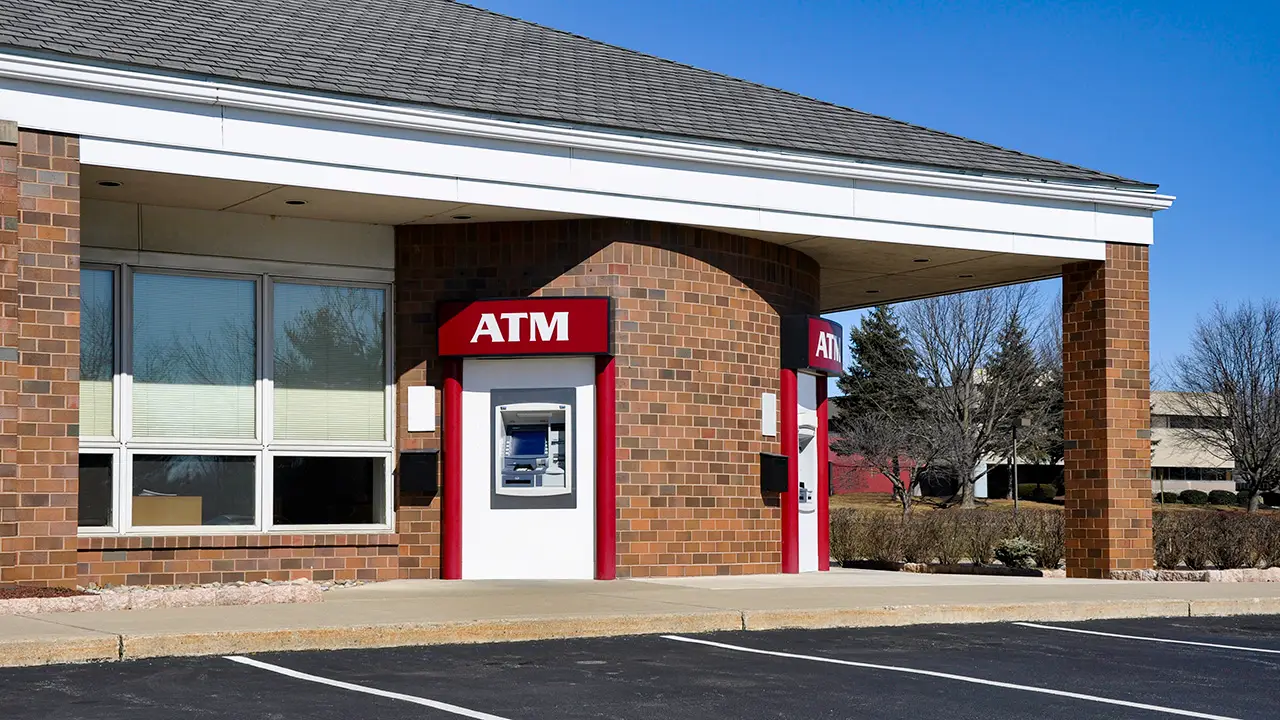In recent times, the alterations in immigration policies have become a pivotal topic in the United States. These reforms hold significant implications, particularly for the immigrant population, as they can affect various aspects of daily life. One major area of concern is access to credit, which is a critical component for achieving financial stability and economic progress.
Anúncios
In an economy as robust as that of the USA, access to credit is important for fostering economic activity. For immigrants, who comprise a substantial segment of the workforce, the ability to obtain loans is essential for personal and business growth. However, the tightening of immigration laws can inadvertently restrict this access, posing several challenges that need to be addressed. In this blog post, we delve into these challenges and consider the potential solutions.
The impact of immigration reforms on credit access

Changes in immigration policies can significantly alter the landscape of financial access for immigrants in the United States. These policies can either facilitate or hinder immigrants’ ability to engage with credit systems. When reforms seem restrictive, they often result in a ripple effect, where financial institutions become hesitant to provide credit to non-citizens due to perceived risks and regulatory uncertainties. This can severely affect immigrants who are looking to establish credit histories and achieve financial stability.
Many immigrants rely on credit for a multitude of purposes, including buying homes, starting businesses, and pursuing education. When policy changes create uncertainty, it can lead to a decrease in credit availability, negatively impacting economic participation and growth. Financial institutions might adopt stricter criteria when evaluating loan applications from immigrants, leading to a significant portion being left without adequate financial support.
Challenges faced by immigrants
The hurdles encountered by immigrants on the path to gaining credit access are numerous and multifaceted. Besides policy-induced restrictions, immigrants often face challenges such as limited understanding of the American financial system and language barriers. These add layers of difficulty to an already complex credit application process. Without the necessary knowledge or resources, immigrants might find themselves at a disadvantage when attempting to secure loans.
Furthermore, the lack of a credit history in the United States can be a critical impediment. Even immigrants with strong credit backgrounds in their home countries may not have an easily transferrable credit history. This makes it challenging to demonstrate creditworthiness to potential lenders who might not accept foreign credit scores.
Potential solutions and opportunities
Despite the barriers posed by immigration policies, there are solutions and opportunities that can enhance credit access for immigrants. One key approach is to promote financial literacy within immigrant communities. Educational programs and workshops can equip them with the knowledge needed to navigate the credit system effectively. Learning about credit scores, interest rates, and loan applications can empower immigrants, enabling them to make informed financial decisions.
Additionally, advocacy for reform in credit assessment practices can be beneficial. Encouraging lenders to consider alternative data, such as rent and utility payment histories, could provide a more comprehensive view of an immigrant’s financial reliability. This might create avenues for those without traditional credit histories to prove their creditworthiness.
Broader economic implications
The relationship between immigration policy and credit access extends beyond individual immigrants and influences the broader economic landscape. By restricting credit opportunities for immigrants, there may be a wider economic impact, affecting local businesses, the housing market, and overall economic dynamism. Immigrants contribute significantly to the economy by starting businesses and creating jobs.
When their access to credit is limited, it poses a barrier to entrepreneurship, stunting potential economic growth and innovation. Small businesses, especially those reliant on immigrant patronage or ownership, might experience reduced activity, leading to slower economic expansion in those areas. Furthermore, the housing market can be impacted when immigrants face barriers to accessing credit. Homeownership not only plays a key role in economic stability for families but also contributes to community development.
Long-term considerations
Looking ahead, the long-term impact of immigration policy changes on credit access requires careful consideration by policymakers. Ensuring that immigrants can contribute to the economy involves creating a supportive environment that facilitates financial integration. Policies should focus not only on regulation but also on including all residents in the financial fold.
Continuous dialogue between government entities, financial institutions, and community organizations is necessary to develop inclusive policies. These policies should be designed to mitigate risks while promoting immigrant participation in the economy through accessible credit opportunities. By doing so, the USA can maintain its reputation as a land of opportunity for all residents.



